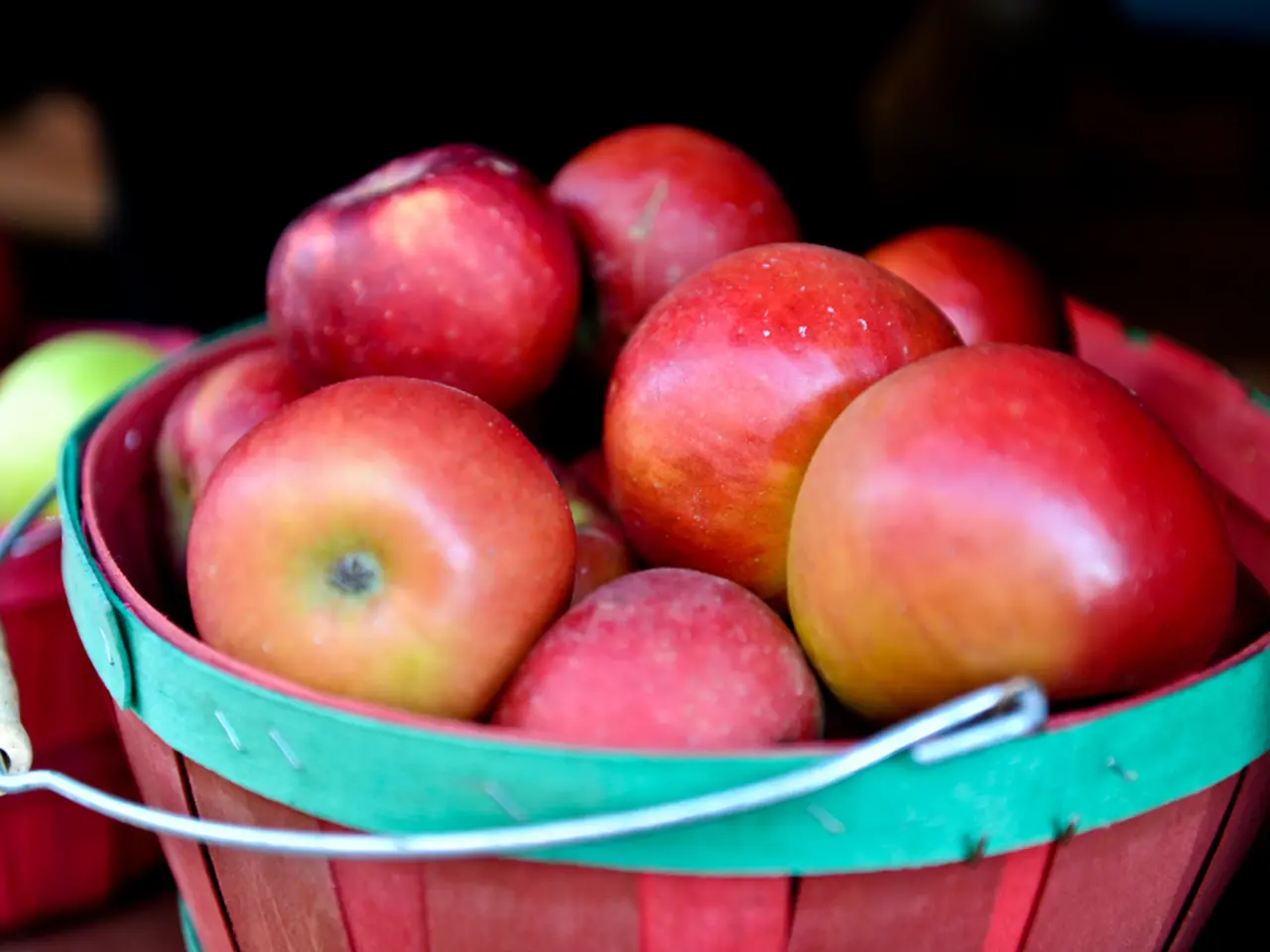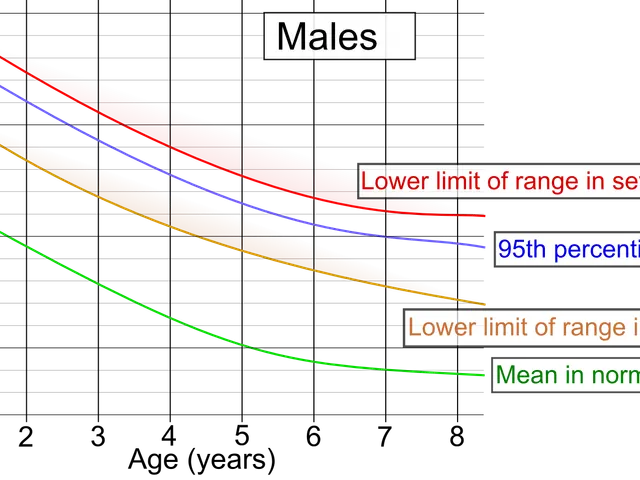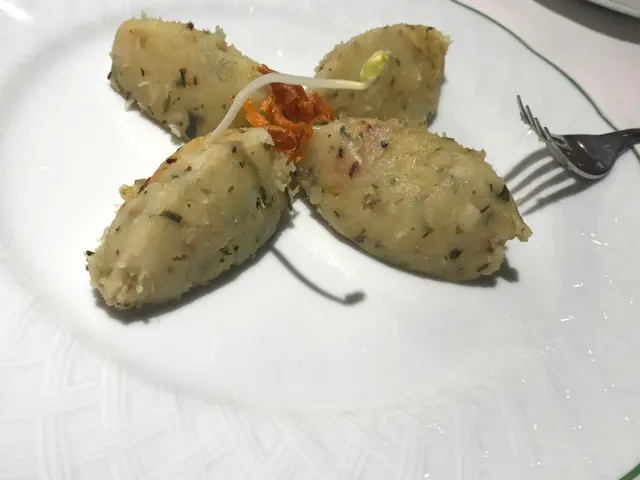Apple Pomace Could Transform Meat Products and Cut Food Waste
A novel approach to reduce food waste and lower carbon emissions is gaining attention. Researchers are exploring the use of apple pomace, a byproduct of apple juice and cider production, in meat products. This move could benefit both the apple industry and consumers.
Cornell University researchers discovered that apple pomace, rich in dietary fiber, antioxidants, and micronutrients, can be added to meat products. Meatballs with 10% and 20% apple pomace were indistinguishable from 100% beef versions in taste tests. However, higher concentrations led to a decline in cooking yields and a shift in internal color, which may impact manufacturers' ability to meet specifications.
This blended meat approach offers multiple benefits. It could lower consumption emissions by reducing methane emissions from both landfills and beef consumption. Additionally, it could help close the fiber consumption gap in the U.S., where only 5% of adults meet the daily fiber intake requirement. Apple producers could also create a new revenue stream by turning apple pomace into a dry, shelf-stable ingredient, reducing waste-hauling costs.
While the use of apple pomace in meat products shows promise, further research is needed to optimize the process and ensure it meets industry standards. If successful, this innovative approach could contribute to a more sustainable food system, benefiting both the environment and consumers.







